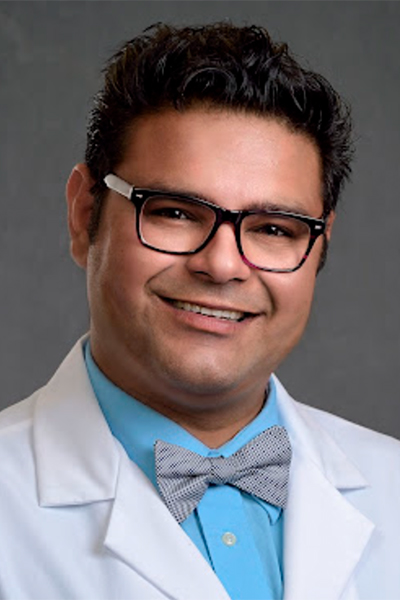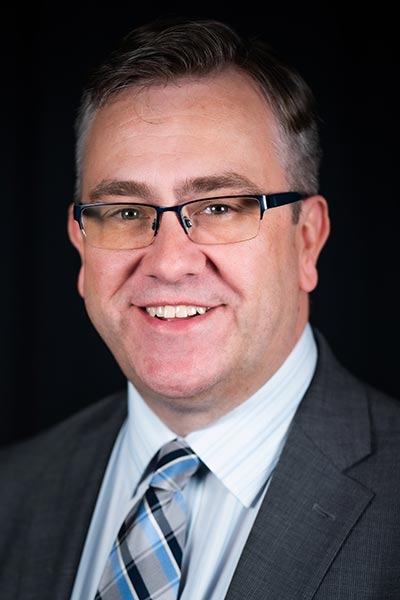
CHEST brings a full menu of educator sessions to the table in Nashville, from the latest pivots to integrate gamification and medical education to proven strategies that highlight scholarship in teaching.
“Our mission in medicine is to be fantastic physicians for our patients, but also to make sure we create fantastic physicians for the future,” said Viren Kaul, MD, FCCP, chief of pulmonary medicine at Crouse Health and assistant professor of medicine at State University of New York Upstate Medical University. “Education is as much our mandate and our mission as clinical care and these sessions will help you do that. The reality is that we have to meet our trainees where they are, right now, and that is an evolving, moving target.”
Dr. Kaul will chair How to Build an Educational Escape Room on Monday, October 17, from 4:30 PM – 5:30 PM CT in Room 209A. His panel has already implemented wildly successful in-person and virtual medical escape rooms for CHEST before and during the pandemic.
“There are documented approaches that help you marry the concepts and principles of gamification with serious education, including medical education,” he said. “A game room is a goal-oriented session, you have to get out of a situation or a physical space by solving either clues or physical conceptual puzzles. Game rooms have been widely used in pharmacy and medical schools, postgraduate education, and specialty practice to teach specific skills.”
The game room concept can be used to teach procedural skills and basic medical knowledge as well as soft skills such as communication and collaboration that are central to medical education and medical practice.

A bronchoscopy game might use clues and findings, both real and misleading, typical of the procedure. An escape room intended to identify core pathology findings could use excerpts from real pathology reports that may, or may not, relate to a specific case. Clues could be embedded in ultrasound, pulmonary function test loops, CT scans, pathology reports, clinical exams, and other familiar reports.
“The current generation of trainees is digitally native and used to information and devices that we did not have available during our own training,” Dr. Kaul said. “We have to meet learners where they are and deliver information in ways that work for them. Gamification is one of those educational modalities that delivers.”
Clinician-educators have their own needs, most notably developing evidence of their teaching scholarship.
“Clinician-educators have a different challenge in documenting and publishing their scholarly work from clinician-researchers,” said Mark Lavercombe, MBBS, FCCP, Department of Medical Education, Melbourne Medical School, Melbourne, Australia. “If you think about, for example, a pulmonary embolism, you can do a clinical study that is published in a journal, which then might be incorporated into a practice guideline. Clinician-educators often struggle to identify ways they might contribute to, and potentially influence, the practice of other educators. Those pathways are less transparent than the clinical research pathways.”
Dr. Lavercombe will chair an interactive session Scholarship in Teaching: The Clinician Educator’s Missing Link on Tuesday, October 18, from 9:15 AM – 10:15 AM CT in Room 208B. Look for practical examples of translating teaching to peer review and publication as well as strategies to increase the impact of teaching scholarship both in traditional print journals and in more recently developed digital platforms.
“The education literature takes a very broad lens on scholarship for teachers and educators,” Dr. Lavercombe said. “Any disseminated materials that you have produced from working with others, to conferences, conventions and working groups to extend the conversation around education, can be considered scholarship. Finding ways to demonstrate your work, demonstrate that you are both responsive to the literature around teaching and learning as well as contributing to it, are important steps in being recognized, receiving awards, and possibly promotions.”
Join us at CHEST 2024
Connect in person with influential clinicians from around the world—and attend top-tier educational sessions focusing on the most relevant clinical topics. CHEST 2024 will have it all, including optional add-on sessions to customize your learning. Reserve your spot today, and save $100 when you register by September 22.





